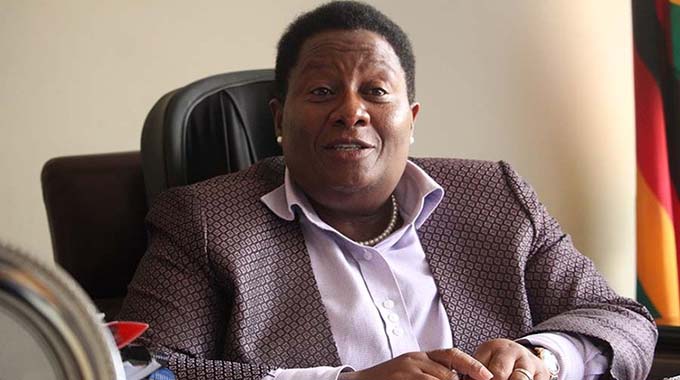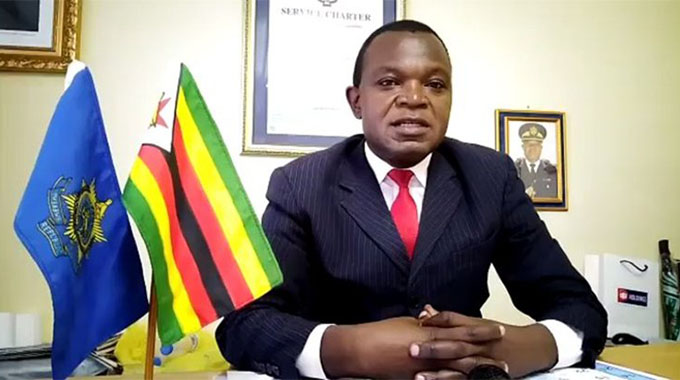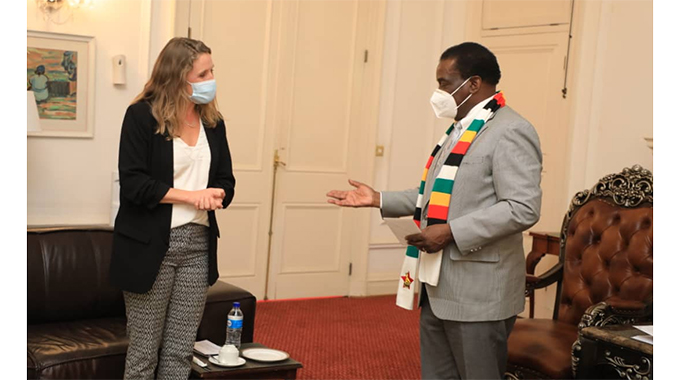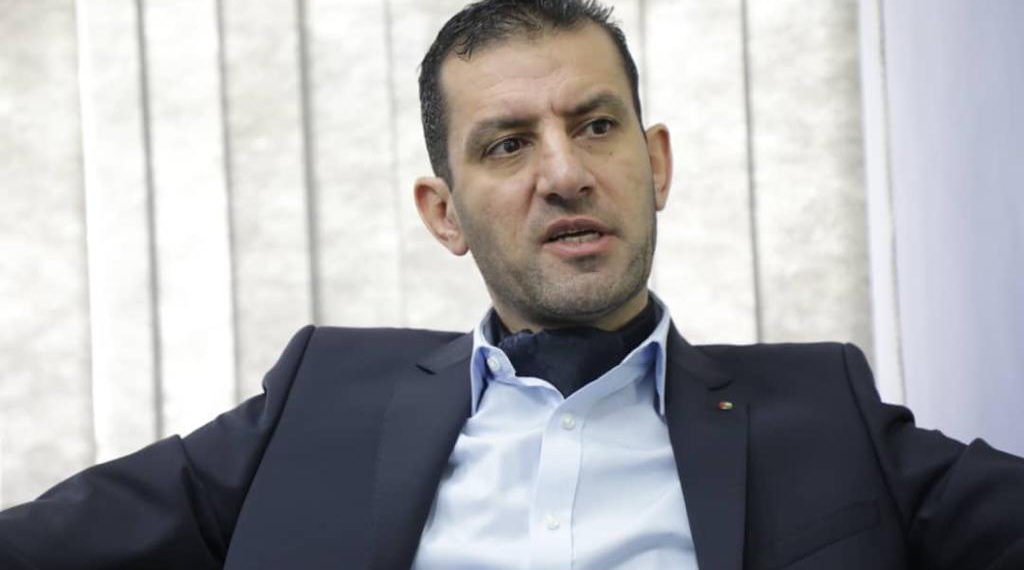Corruption: Integrity committees set up

Daniel Nemukuyu-Investigations Editor
Zimbabwe is setting up integrity committees at public institutions as an effective tool to prevent corruption and promote good corporate governance at institutional level.
Parastatals, State enterprises, local authorities, Government departments and ministries will participate in the pilot project.
Integrity committees are set up to spearhead the prevention of corruption and promotion of integrity within the institutions’ spheres of control.
They are focussed at spearheading in-house anti-corruption efforts and enhancing good governance by institutionalising the fight against corruption.
The establishment of integrity committees has been identified as one of the most effective ways to facilitate stakeholder participation in the anti-corruption drive.
Zambia, Tanzania and Namibia have successfully introduced integrity committees which are producing positive results in the anti-graft fight.
Spearheaded by the Zimbabwe Anti-Corruption Commission (ZACC), the project starts with selected 21 public institutions and more entities will be roped in as time progresses.
Treasury is offering financial support for the programme.
According to ZACC, the number of public institutions participating in the project is expected to rise to 250 by the end of next year.
Speaking at a round-table on the pilot establishment of integrity committees in institutions in Harare last week, ZACC chairperson Justice Loice Matanda-Moyo said the committees sought to curb corruption and malpractices that were rampant in public institutions.
Entities like Zesa Holdings, Zimbabwe National Roads Administration (Zinara), Allied Timbers, Printflow, Zimbabwe Broadcasting Corporation (ZBC), Zimbabwe National Water Authority (Zinwa), Zimparks, Rural Electrification Agency (REA), TelOne, Zimpost and the National Oil Company (NOIC) were represented at the round-table meeting.
Justice Matanda-Moyo said the Auditor-General’s reports annually expose corruption and malpractices in public institutions, hence integrity committees were timely.
“These reports present a big picture of the state of corruption in the public sector. They disclose lack of proper controls in institutions thus providing conducive environments for public officials to engage in acts of corruption, fraud, theft, money laundering and other offences.
“It is very unfortunate that these reports have not received the serious attention they deserve from the institutions audited.
“Why I say so, is because there are issues that keep recurring every year showing that corruption is systematic. Also reading through various newspapers and social media platforms, tells a story that fraud, theft, tax avoidance, over invoicing, under-pricing, money laundering and corruption are among the greatest unmanaged commercial risks of today,” she said.
Justice Matanda-Moyo said ZACC’s compliance checks have exposed the rot at local authorities countrywide.
“ZACC’s compliance checks have also revealed administrative malpractices in both rural and urban district councils where procedural irregularities in the councils’ affairs have been noted.
“These checks also exposed deep-rooted corruption in some councils,” she said.
To that end, Justice Matanda-Moyo said the pilot project would start with 21 organisations.
“As an organisation, we propose to set up a pilot project on integrity committees which will see the committees being established at twenty-one (21) Parastatals and State Entities.
“In deliberating on this subject, we should be alive to the fact that, Integrity Committees have an underlying characteristic of mainstreaming and institutionalising corruption prevention in all activities thus once established in your organisations Integrity Committees are envisaged to play critical roles in promoting transparency, accountability and good corporate governance,” she said.
ZACC’s Commissioner Mhlobane, who is at the helm of the project said by end of next year, the number of entities with integrity committees should reach 250.
“We are only starting with 21 but more public entities will join in until we cover 250 organisations by end of 2022,” she said.
Comm Mhlobane said institutions should include integrity committees in their respective strategic plans to achieve the best results.
“Integrity committees (ICs)would be difficult to sustain if institutions do not incorporate an objective on integrity committee in their strategic plans that help budget for planned activities.
“Once ICs programs are in the institutional strategic plans it would be helpful to implement them without any financial challenge,” she said.
She urged chief executive officers of State entities must support the programme.
ZACC said it will support the programme by providing comparative analysis, technical assistance and platforms for exchange of ideas and experiences.
“Going beyond policies, ZACC will assist public entities to overcome implementation challenges with targeted tools and practical approaches for emerging risks and enhancing the establishment and operationalisation of the Integrity Committees,” said Comm Mhlobane.







Comments